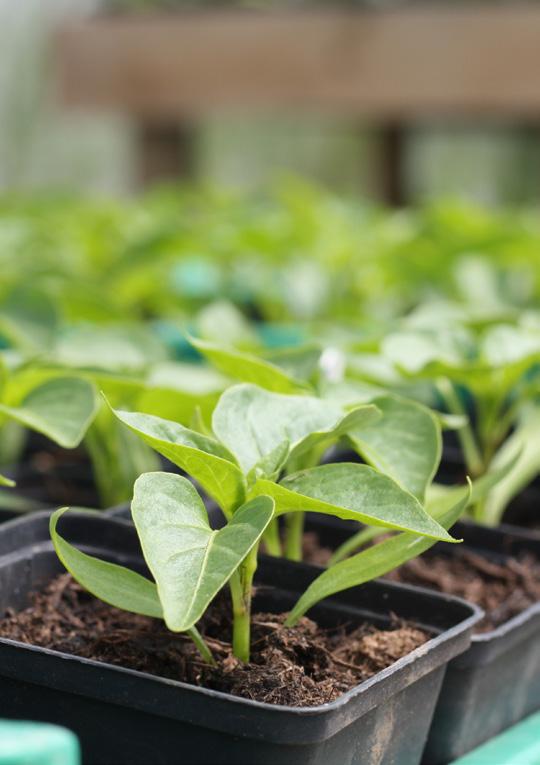Buying blind – the market’s no-questions-asked approach to global commodities trade ‘ Supply chain interventions, which include certification schemes and zero-deforestation commitments that aim to produce environmentally and socially beneficial outcomes, are increasingly common, but evidence on their efficacy is scarce. […] The agreements could be made more effective by tracking cattle movements between properties and expanding monitoring to include all properties in the supply chains, as well as ensuring that all slaughterhouses monitor.’1 Jennifer Alix-Garcia and Holly Gibbs, Global Environmental, Change November 2017
If companies do not know who is producing the commodities they use or trade, or where those producers operate, they cannot know whether the producers are operating responsibly or destroying forests or other ecosystems. But the environmental stakes are too high for such ignorance. Given the urgency of the climate and nature crisis, consumer goods companies (including, but not restricted to, those in the food sector) must adopt a zero-tolerance approach to commodity sourcing as part of a root-andbranch transformation of their business model. They must assume high-risk commodities from untraced or undisclosed sources are driving deforestation and ecosystem conversion, and exclude them completely from their supply chains along with goods from identified sources that their scrutiny shows to be involved in such destruction. They must also suspend trade with suppliers that are shown to be in any way involved with deforestation or ecosystem conversion, regardless of whether the specific items they are purchasing are affected. In early 2019, Greenpeace International issued a multi-commodity transparency challenge. More than 50 traders, retailers, producers and consumer goods companies were asked to make their supply chains
How
is still Slaughtering the Amazon
23 March 2019, Formosa do Rio Preto, Brazil, 11°20’59.88” S 46°24’38.76” W: Soya plantation in the Estrondo estate – Greenpeace Brazil documented violence against traditional Cerrado communities within the estate, where Bunge and Cargill both have silos. ©Victor Moriyama/Greenpeace
12
Below: On 23 July 2020, Dave Lewis informed Greenpeace UK that 100% of the soya in the animal feed used to produce Tesco’s poultry and pork was ‘certified deforestation free’. Four days later, his company spokesperson clarified that just 1% was from a segregated supply chain while some 69% was ‘Book & Claim’ – a system of credits with essentially no segregation or monitoring of the product.


















